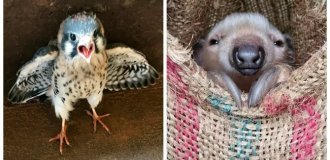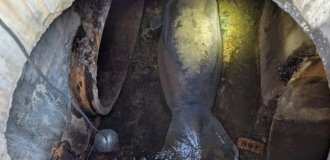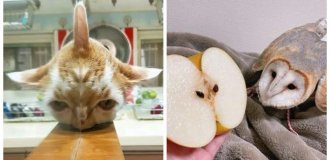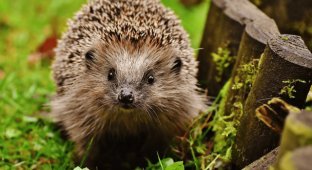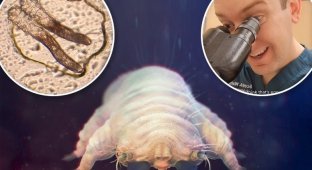16 macro photos that prove that amazing creatures live under our feet that we simply don't notice (17 photos)
. They live in their own unique microworld, where it is impossible for people to look. Scientists got out of this difficult situation and photographed them using macro photography equipment. Some of the resulting photos may look a little scary. 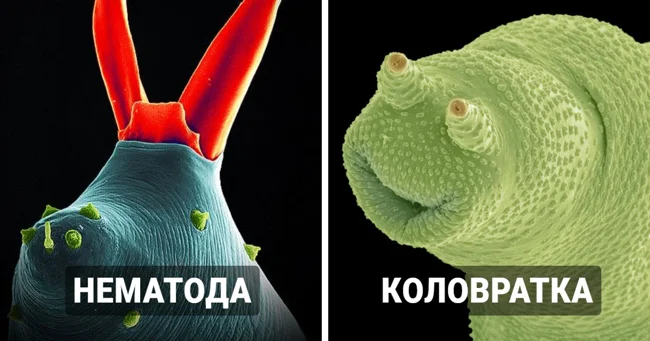
Bdelloid Rotifer 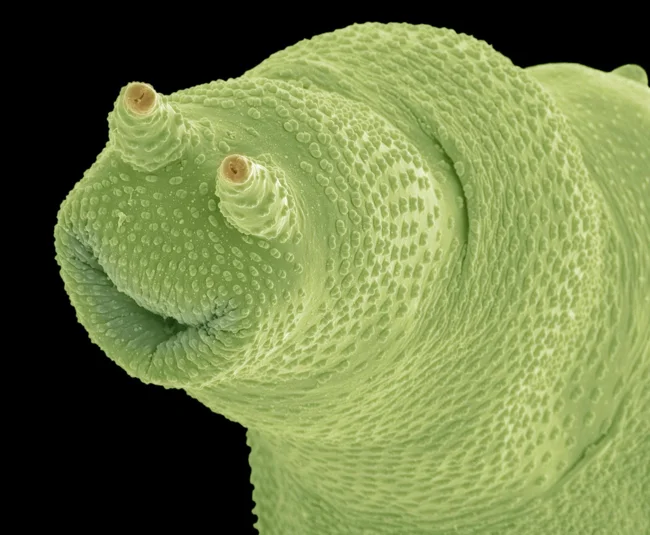
Rotifers are microscopic animals that have remained exclusively female for millions of years. Their method of reproduction is especially interesting. They borrow DNA from bacteria, plants, and fungi they eat and use it for their own purposes.
Dust Mite 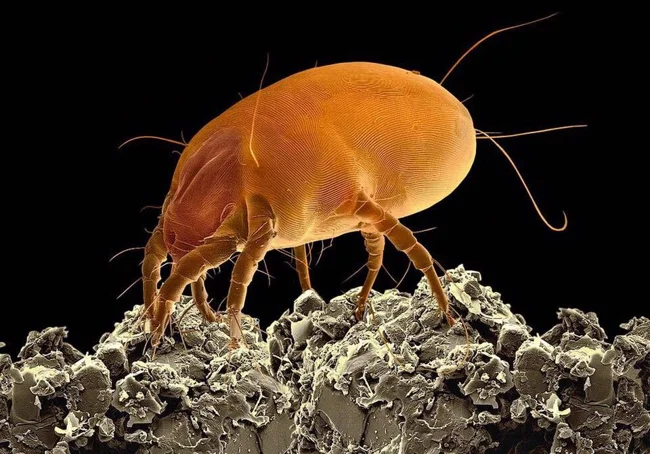
You'd be surprised to learn that there are millions of dust mites living in your home. These nice guys feed on dead skin cells. They can be found in furniture and carpets. They are considered harmless creatures, but they can cause allergic reactions in people who are particularly sensitive to allergens.
Aphid 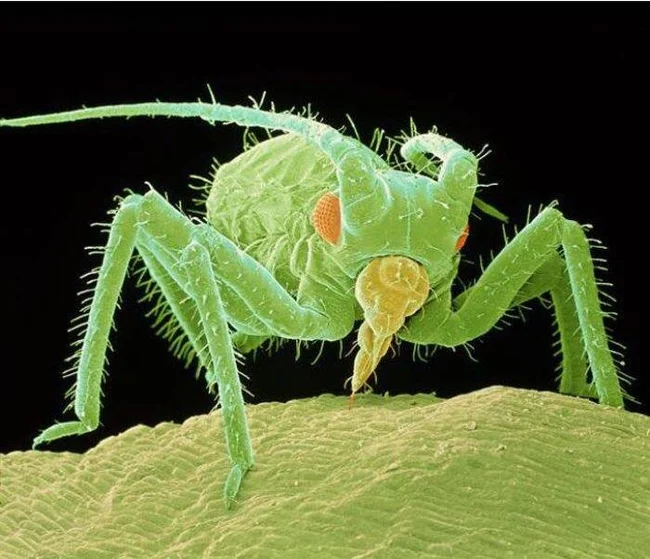
Aphid is one of the main pests of agricultural crops. However, in some cases, the insect can be useful. The thing is that the juices of some plants contain a large amount of sugar, which aphids successfully suck out, normalizing the process of photosynthesis.
Malaria mosquito 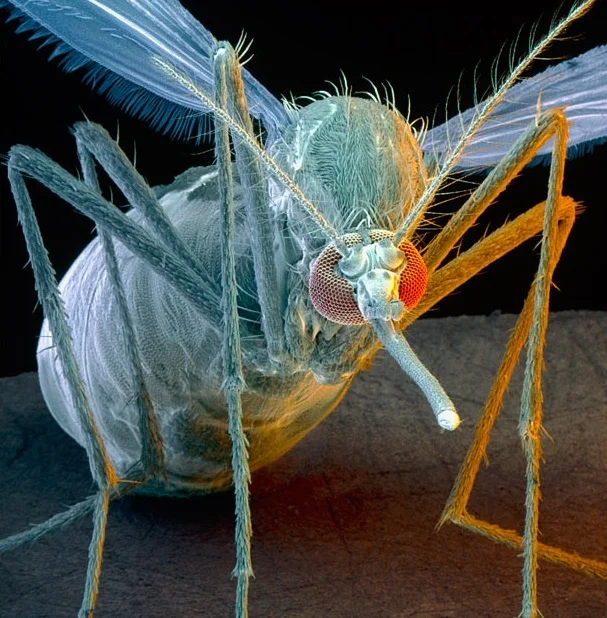
These insects are common on all continents of the planet. The only exception is Antarctica.
Human Flea 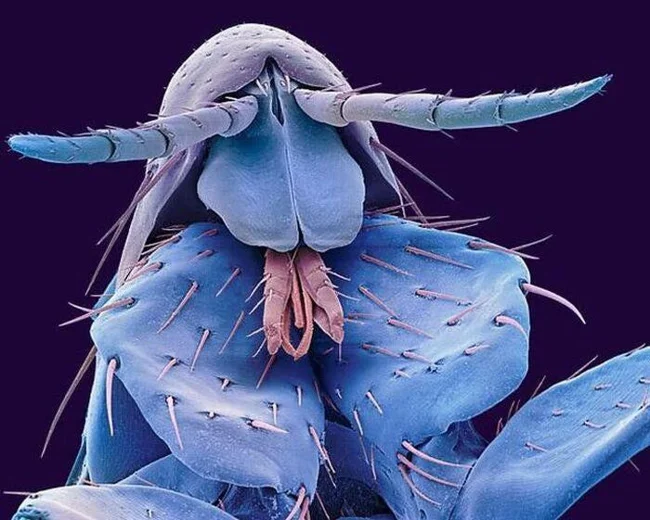
According to scientists, the homeland of human fleas is South Africa. There, insects are found in guinea pigs and peccaries - even-toed ungulates.
Wasp 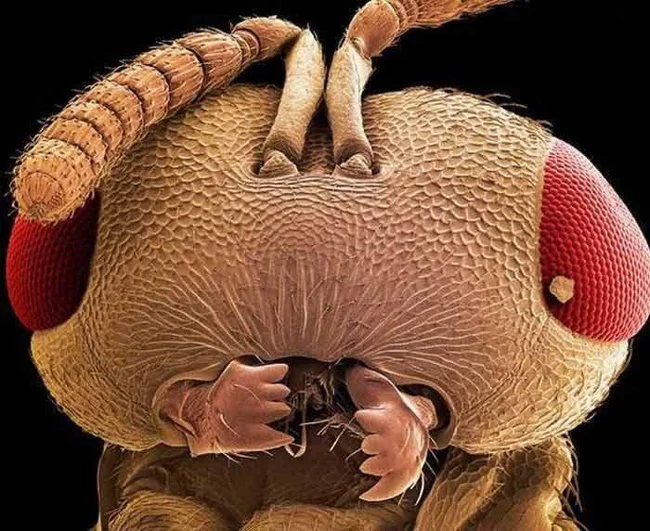
A wasp is an insect familiar to everyone. It has a characteristic yellow and black color. There are about seventeen thousand species of wasps in the world.
A soldier ant of the Amazon rainforest 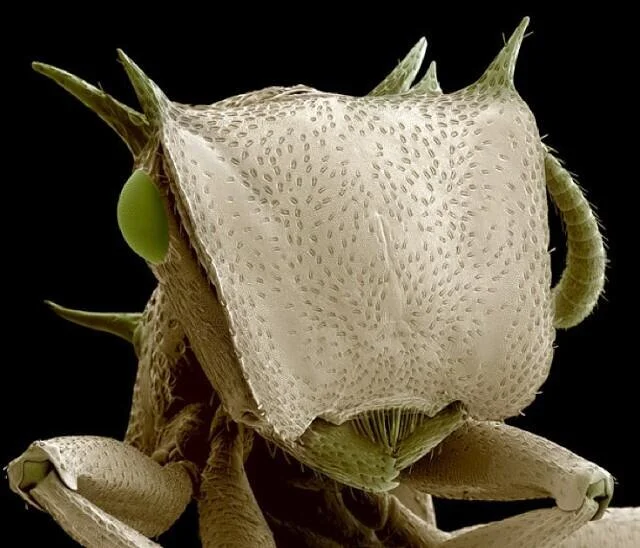
The strict organization present in the colony allows ants to build entire civilizations that work like clockwork.
Fly 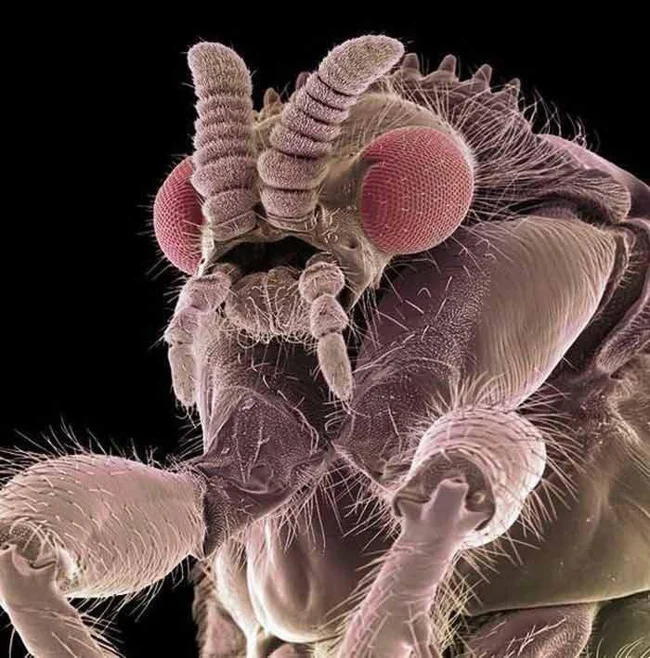
Rice Weevil 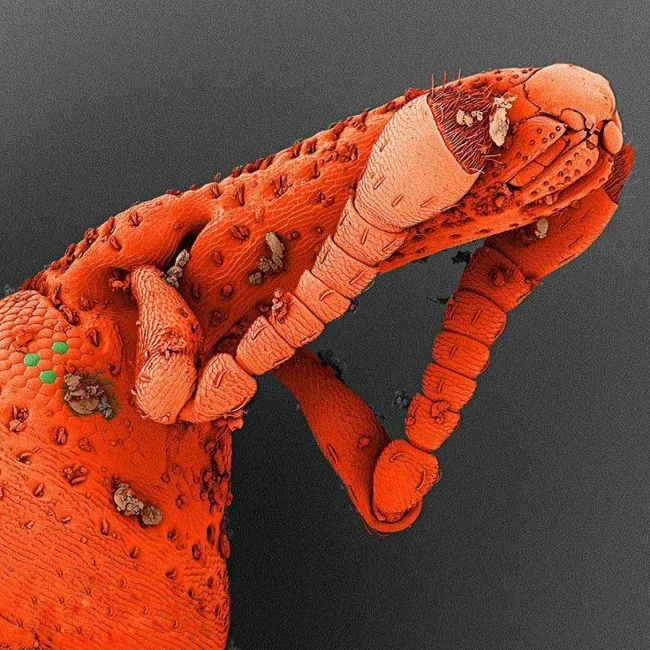
The weevil is a small pest that will happily feast on your grain crops. Once infected by the weevil, they become unfit for food.
Tick 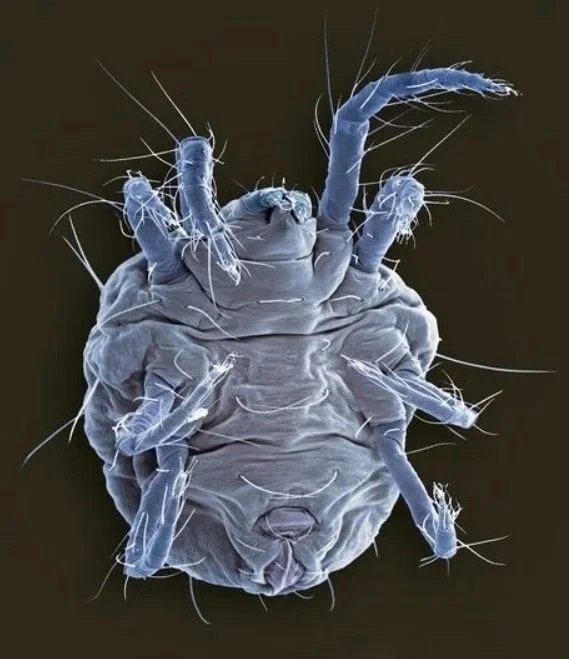
Ticks are not insects. This is a misconception. These creatures belong to the class of arachnids.
Flesh fly larva or sarcophagids 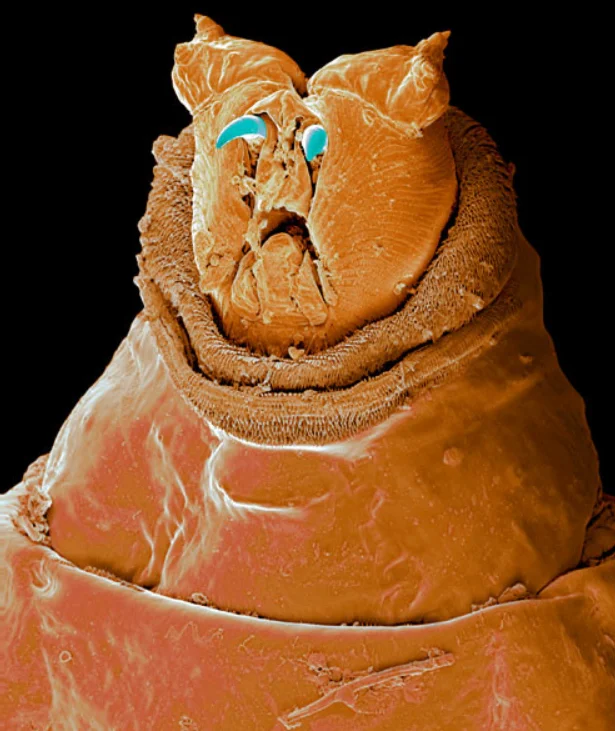
A family of bats, distributed throughout the world.
Tapeworm head 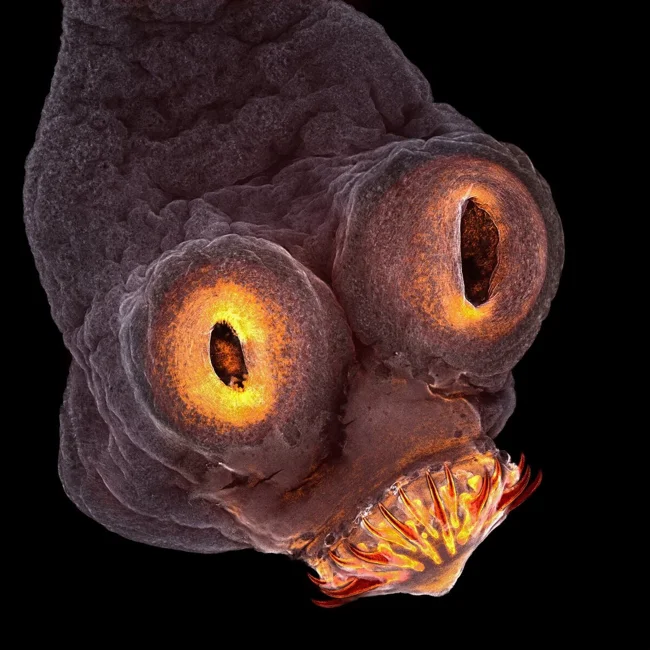
A class of parasitic worms that humans should stay away from. They can change several hosts during their entire life cycle.
Dragnet spider 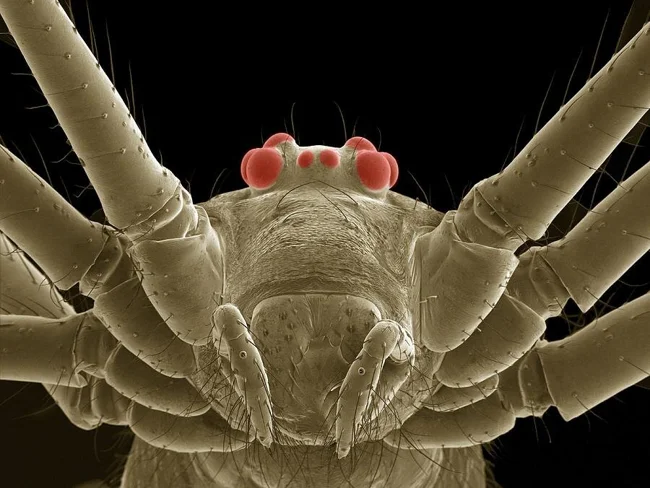
This type of spider can often be found in apartments and private homes. It is not worth getting rid of. It can kill 10 to 20 mosquitoes per day.
Ground beetle 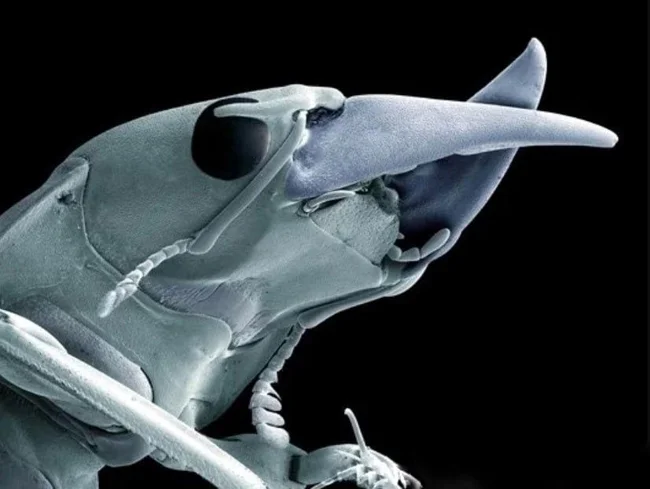
Most ground beetles are predators, active at night. Their large jaws are used to catch and eat other invertebrates.
Common moth 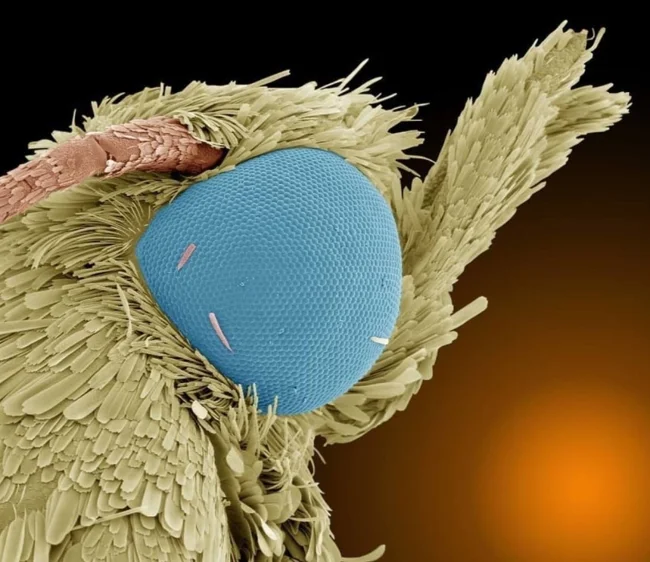
A moth can travel up to 800 meters without stopping. It is quite a hardy insect.
Male nematode 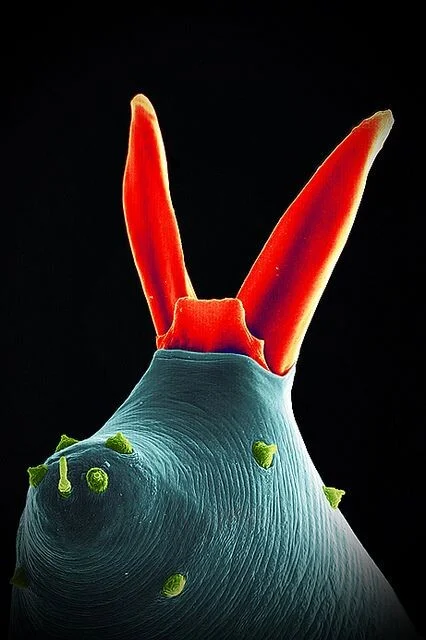
Nematodes or roundworms include more than twenty-four thousand species. They are parasitic and free-living.

